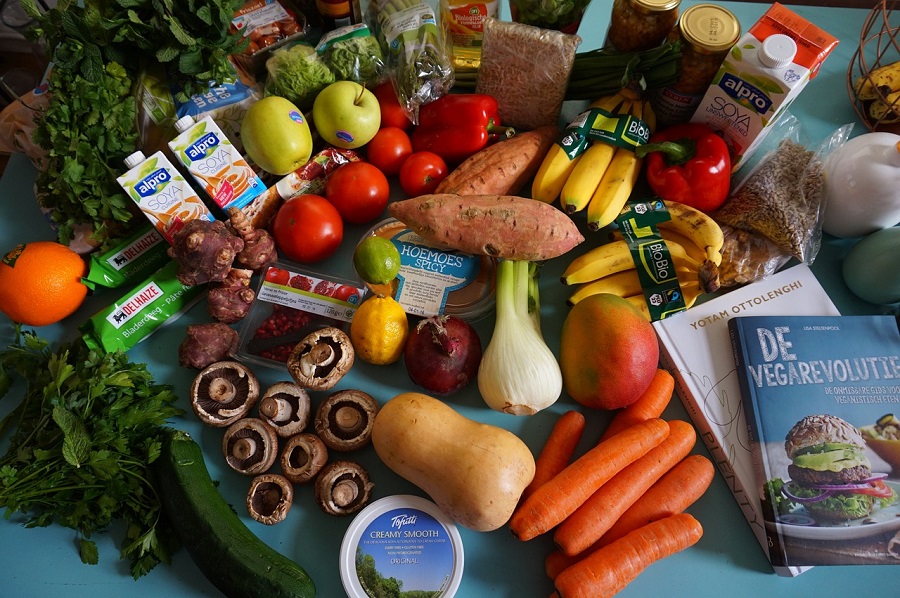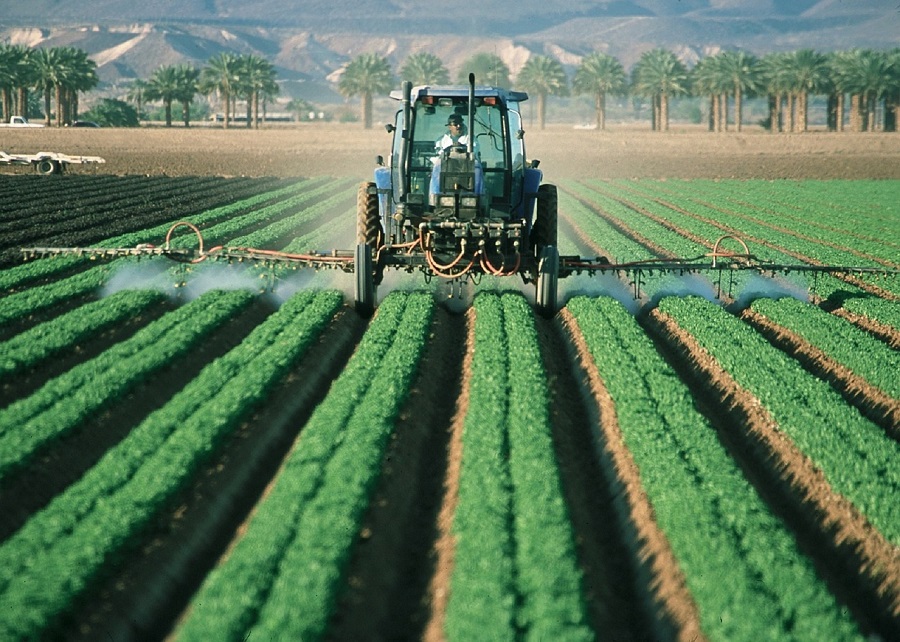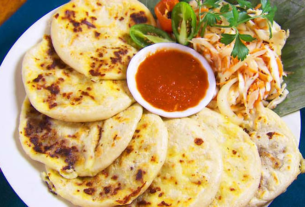Pesticides in our food have skyrocketed over the past few years because of the pest population boom in the UK. So with the use of pesticides increasing, the concerns are on the rise as well for our health. It has been shown through some scientific studies that some pesticides and chemical repellents can have an impact on our health.
Pesticides are vital for pest control. None of us want to bite into our apple and find an insect inside! Without pesticides, our food would be damaged and inedible, so they’re a really important part of our lives.

Here we are going to show you ten efficient ways you can help reduce your exposure to pesticides quickly and effortlessly.
1. Wash your produce –
If you want to stay on the safe side, always make sure to wash your fruit and veg before you eat it. This goes even if you pick them from your garden. Thoroughly rinse the produce to make sure there’s no dust, dirt or chemical residue left.
2. Scrub your produce –
Another important part of washing your produce is to make sure you use a special cleaning brush as well. This removes all the residue and bacteria and is especially important if you’re planning on eating the produce raw.
3. Grow your own –
If you want to be sure you’re eating 100{b5ce6c21b8d35e18b06b15afce00261d37d23248a31df900c1450197c0c944a7} natural products, why not grow them yourself? That way you will always know exactly what has been used on your produce, and you will know what pesticides you’re being exposed to.
4. Go for organic –
Buying organic produce is a bit more expensive, but they have a lot lower pesticide usage. You still need to wash them though, even if they are organic.
5. Dry the produce –
After washing the produce it’s important to dry it thoroughly as well. This removes any last pesticide residue.
6. Look locally –
If you have a forest or woods near your home you can always go on a fruit and veg hunt there. The soil, water, and air in forests are a lot less polluted, so the produce you can find there has a lower pesticide load.
7. Never wash produce with soap –
Many people try to remove pesticide residue using soap. Never use any kinds of soap to do this – it will do more harm than good. All you need to use is tap water and then dry them with a cloth or kitchen towel.

8. Use organic repellents –
If you’re growing your own produce it’s very difficult to keep the pests away without using a repellent. Fortunately, there are a lot of organic and soybean-based natural repellents available so you don’t always have to use chemicals.
9. Peel the produce –
Even after washing, it’s highly recommended that you throw away the outer layers or peel the produce. Pesticides can penetrate the first layer of the produces skin, so it’s best to peel.
10. Find the produce with the highest pesticides load –
There is no way you can exactly determine which produce has the most pesticides on it. But there are those that have a higher risk. Peppers, peaches, apples, and berries tend to have more pesticides used on them, whereas bananas, watermelon and corn tends to have a lower pesticide load.





